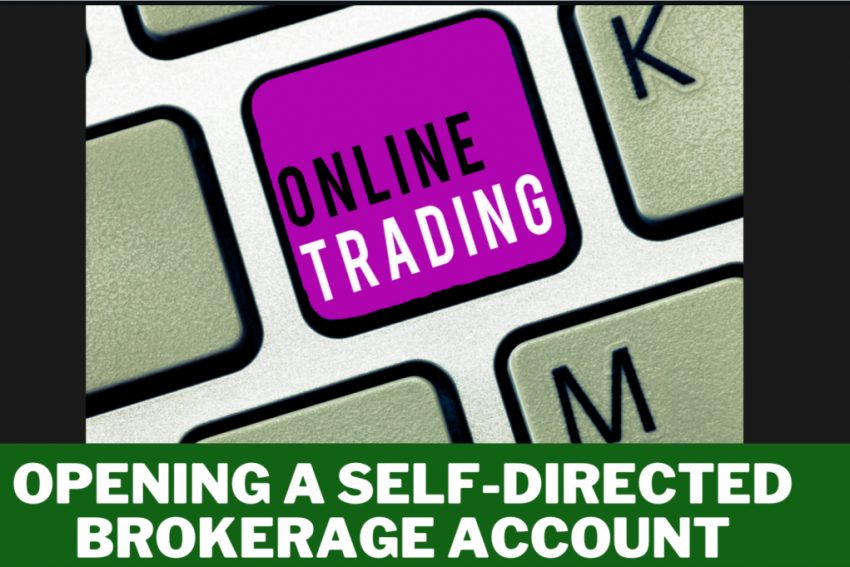Opening a self-directed brokerage account can be an empowering move for you as an investor. The decision enables you to take full control of your investments and can potentially yield excellent returns. However, like any significant financial decision, it’s essential to approach the process strategically. Here are the top five things you should consider before you venture into opening a self-directed brokerage account.
- Your Financial Goals
First, you need to establish clear financial goals. Are you investing for long-term growth, or do you want a steady income stream in the short term? Are you saving for a particular goal like retirement, a child’s education, or a down payment on a house? Answering these questions can help you determine the types of investments that will suit your needs.
As you chart your financial goals, consider the timeline you have to achieve these goals. If you’re saving for retirement and you’re in your twenties, you can afford to take on more risk than someone nearing retirement. This consideration could affect the types of investments you choose.
- Your Risk Tolerance
Everyone has a different threshold for risk, and understanding your own is critical before opening a self-directed brokerage account. Are you comfortable with potentially losing some or all of your investment in exchange for the chance of higher returns? Or do you prefer to play it safe, even if it means your returns might be lower?
Recognizing your risk tolerance helps you determine the investment products that align with your financial goals and risk appetite. If you’re a conservative investor, bonds and mutual funds may be more up your alley. On the other hand, if you’re more risk-tolerant, individual stocks, options, or even cryptocurrencies might be a better fit.
- Your Level of Investment Knowledge
Self-directed investing requires a certain level of investment knowledge. You need to understand different asset classes, the dynamics of the financial market, and how to analyze investment options. In a self-directed brokerage account, you’re the decision-maker. While this can be exciting, it can also be risky if you’re not familiar with investing concepts and strategies.
If you’re new to investing, consider starting with basic investments and gradually moving to more complex options as you gain confidence and understanding. You could also invest in your financial education by taking investment courses or hiring a financial advisor to guide you.
- The Cost of Investing
Cost is a significant factor to consider when opening a self-directed brokerage account. Every platform has its fee structure, including trading fees, account management fees, and potentially even fees for closing your account.
Research and compare the fees of different brokerage platforms. Are the costs worth the services and features you receive? While it can be tempting to choose the brokerage with the lowest fees, also consider the quality of their platform, their customer service, and any additional features they offer that might help you make successful investment decisions.
One important thing to keep in mind is that these days, most self-directed brokerage firms allow for minimal commissions, including $0.00 buy and sell commissions for exchange listed securities, like the New York Stock Exchange (NYSE) and NASDAQ. However, each broker will have their own specific fees and commissions unique to them.
- The Brokerage’s Reputation and Reliability
Before you open a self-directed brokerage account, do some research on the brokerage firm. What are other customers saying about their services? Do they have a solid reputation? Are they registered with regulatory bodies like the Financial Industry Regulatory Authority (FINRA) in the U.S. or the Investment Industry Regulatory Organization of Canada (IIROC) in Canada?
Additionally, check the reliability of their trading platform. Does it have a history of crashes during critical trading periods? Is their customer service responsive and helpful when issues arise? While no brokerage can guarantee a 100% problem-free experience, you want to choose a company that provides reliable service and handles issues promptly and fairly.
In conclusion, opening a self-directed brokerage account is a big step. While it offers you the freedom to manage your investments and can lead to significant returns, it also comes with its risks. By considering your financial goals, your risk tolerance, your investment knowledge, the cost of investing, and the brokerage’s reputation, you can make a well-informed decision about opening a self-directed brokerage account.




